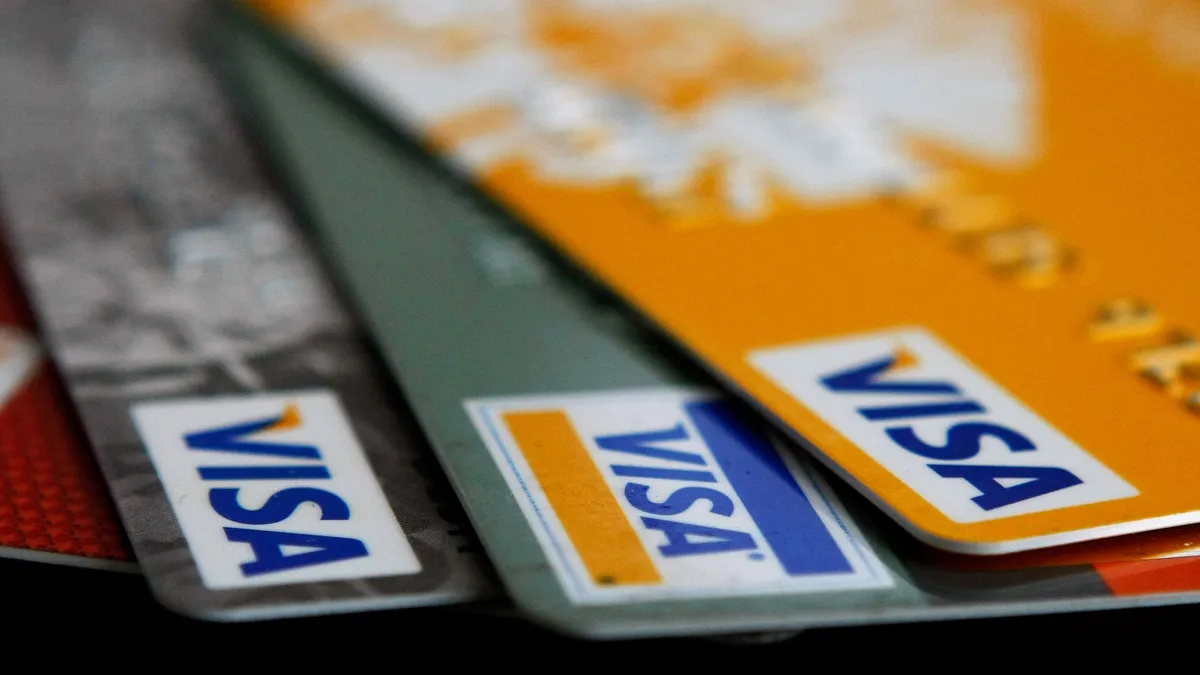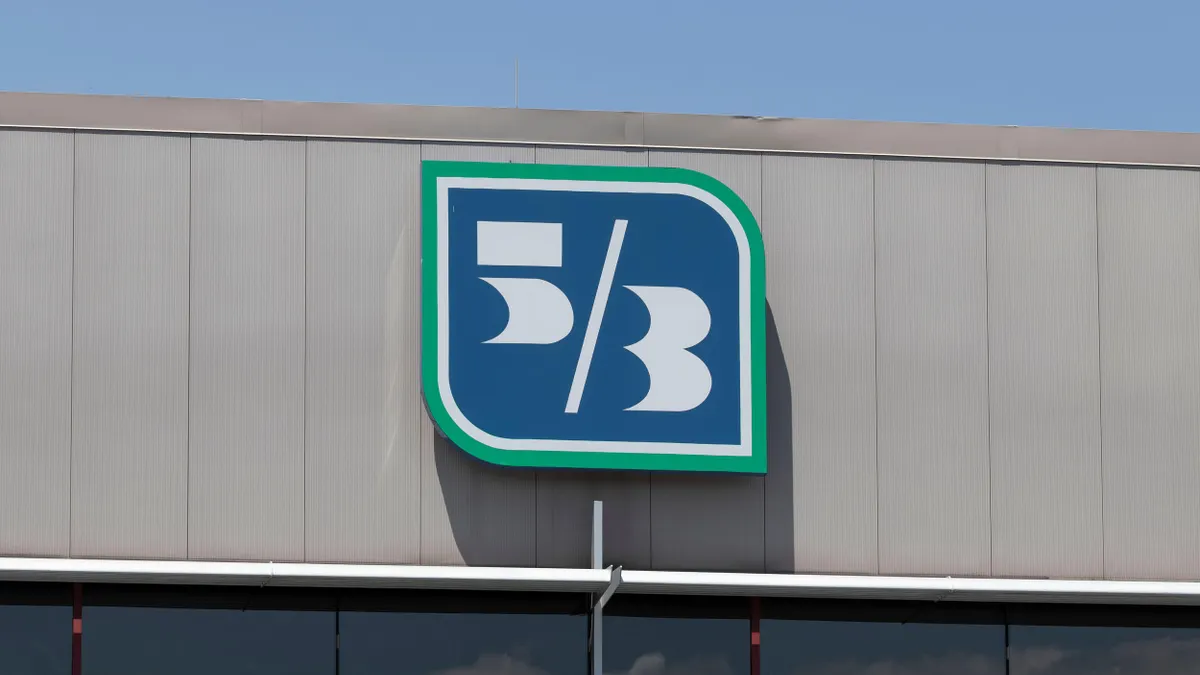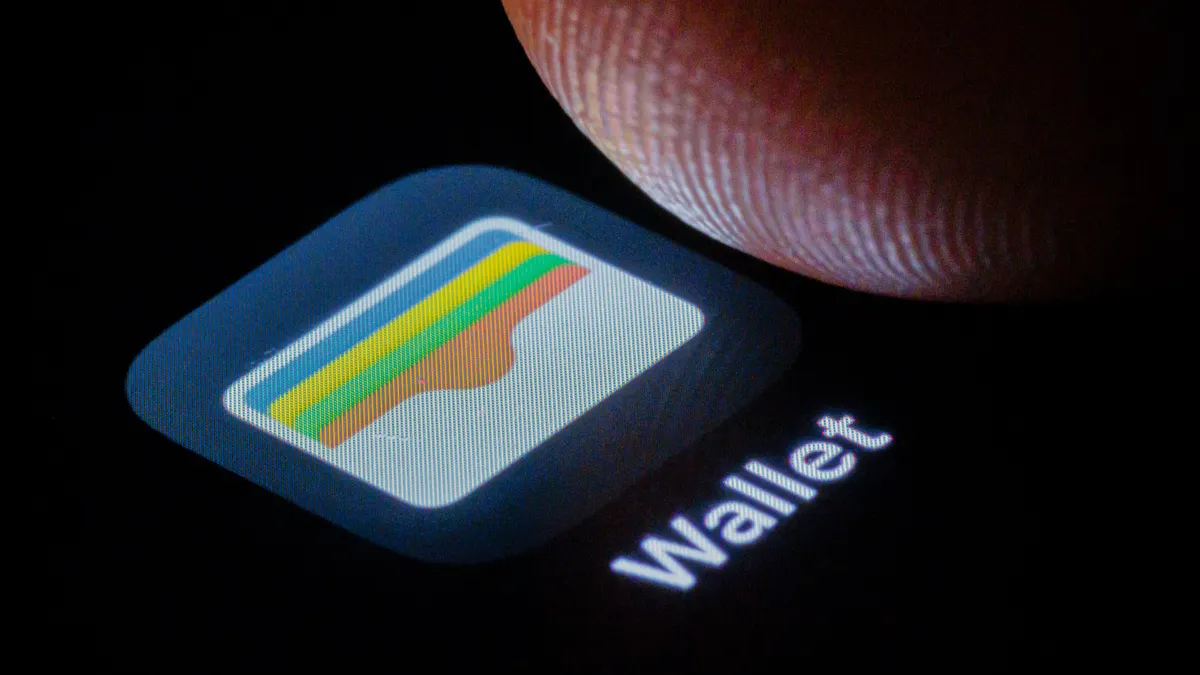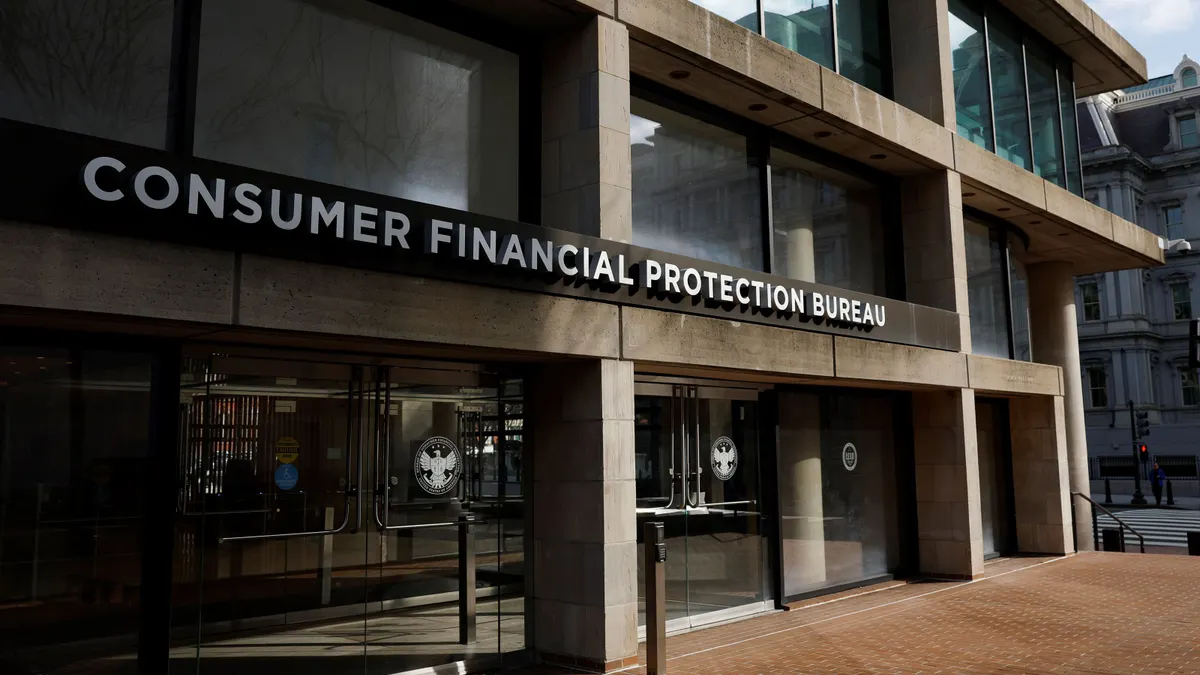For Visa, linking with early-stage fintechs is a crucial part of the company’s approach to partnerships, said Jim Schinella, the card network’s global head of digital partnerships.
Visa sees its role as bringing its payments technology to digital-first companies in a collaborative way, Schinella said.
To that end, the company announced Monday it’s expanded its Fintech Fast Track program, “which up till now has been much more issuing-processing focused,” Schinella said.
Fintechs in the program can now connect to Visa Direct, the card network’s real-time money movement product. That’s “an area right now that I think is of particular interest,” he said. Fintechs can also access the card network’s consulting and analytics group, Schinella said.
The program enables Visa to be out in the market and stay on top of what’s emerging, and work with the venture capital community to help cultivate fintechs and bring them to Visa, Schinella said. It also provides “a really easy, fast ramp for these companies to leverage our technology, leverage our expertise,” he added.
The company had about 300 program partnership agreements globally as of the end of fiscal 2023, a Visa spokesperson said. Visa has brought 42 new fintechs into the program in North America over the past year, the company said.
Schinella and Dan Roesbery, Visa’s vice president of fintech business development, spoke with Payments Dive on Monday.
Editor’s note: This interview has been edited for clarity and brevity.
PAYMENTS DIVE: Who makes a good fintech partner for Visa?
SCHINELLA: Right now, the companies we’re seeing as particularly interesting – and we’re also seeing somewhat of a trend – are companies that are moving in the direction of embedded finance.
There’s been a tremendous amount of development in B2B over the last 20 years, but it seems like the development all kind of stopped at payments. Taking friction out of moving money on the B2B side is almost a new chapter that’s just beginning. So, that’s a really fascinating area for us, and it is an area where we’re actually seeing a fair amount of emerging fintechs that are important for us to have relationships with. Think services that can reduce days with sales outstanding on the collections side, or supply chain financing. There’s a lot of innovation to come on that side of the house. And it’s an area where some of what we announced Monday has real application.

What do both parties get out of this partnership?
SCHINELLA: Emerging, early-stage fintech companies are all exploiting gaps. In doing so, they're oftentimes taking friction out of the process. So, for us to be upfront and close to that, and to do that with our product teams at our side, is really important information for us and insight to where the market’s going. It’s a way of staying very, very relevant. We're not a passive participant in that relationship. We tend to really lean into it, and we enjoy that process and we can learn from it, and the companies can learn from us at the same time.
The other aspect of it is, we get to enter into these relationships, these partnerships early on. And we do that in a collaborative way where we have a very, very close, hip-to-hip relationship with our product organization. We also stay with the company, and we have a growth agenda. So, we really invest in making sure that these companies that we partner with are growing.
Does Visa see acquisition opportunities with companies in the program?
SCHINELLA: We entered into 500 fintech partnerships in fiscal year 2023 across the globe, from early stage to more mature players. Of those, do some of them end up being companies that we decide that we're going to invest in? Or do some end up being companies we decide that we might want to be even more strategic with beyond an investment? Yes, but I would not say that's really the intention of the practice. More of the intention of this program is really about us being at the cutting edge of payments, technology and innovation.

DAN ROESBERY: The companies we're primarily trying to market to and attract to this program are what we would consider direct-to-market – so either like direct-to-consumer or small business-focused companies – that are looking to launch a card program for the first time, or move money for the first time. Those typically tend to be early- to mid-stage or some of those embedded finance use cases that Jim was referencing.
And if you look at the history of Visa’s M&A activity, we tend to not be super active. It’s probably an average of one or two deals over the last couple years. And those are typically more infrastructure-type companies. So, this definitely would not be a scouting exercise for us on the M&A front. This is more about building with these fintechs earlier into their journey.
Where does Visa see further opportunity with some of its larger partners?
SCHINELLA: Global, big technology companies are largely in the portfolio I’m managing. In the last year, we've announced an expansion in our relationship with Cash App, an expansion and renewal of our relationship with Marqeta, and expanded our relationship with Shopify. Those are some larger-scale types of partners we work with.
Some of the things happening at the fintech level, around B2B and what you’d consider almost commercial money movement solutions, those are areas even the large players are looking at. They’re all looking at ways they can innovate beyond the consumer, into all aspects of the way they move money. We’re working with them at that level as well, essentially looking at how we can help them innovate some of their commercial money movement solutions.























